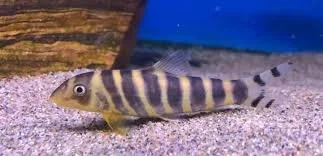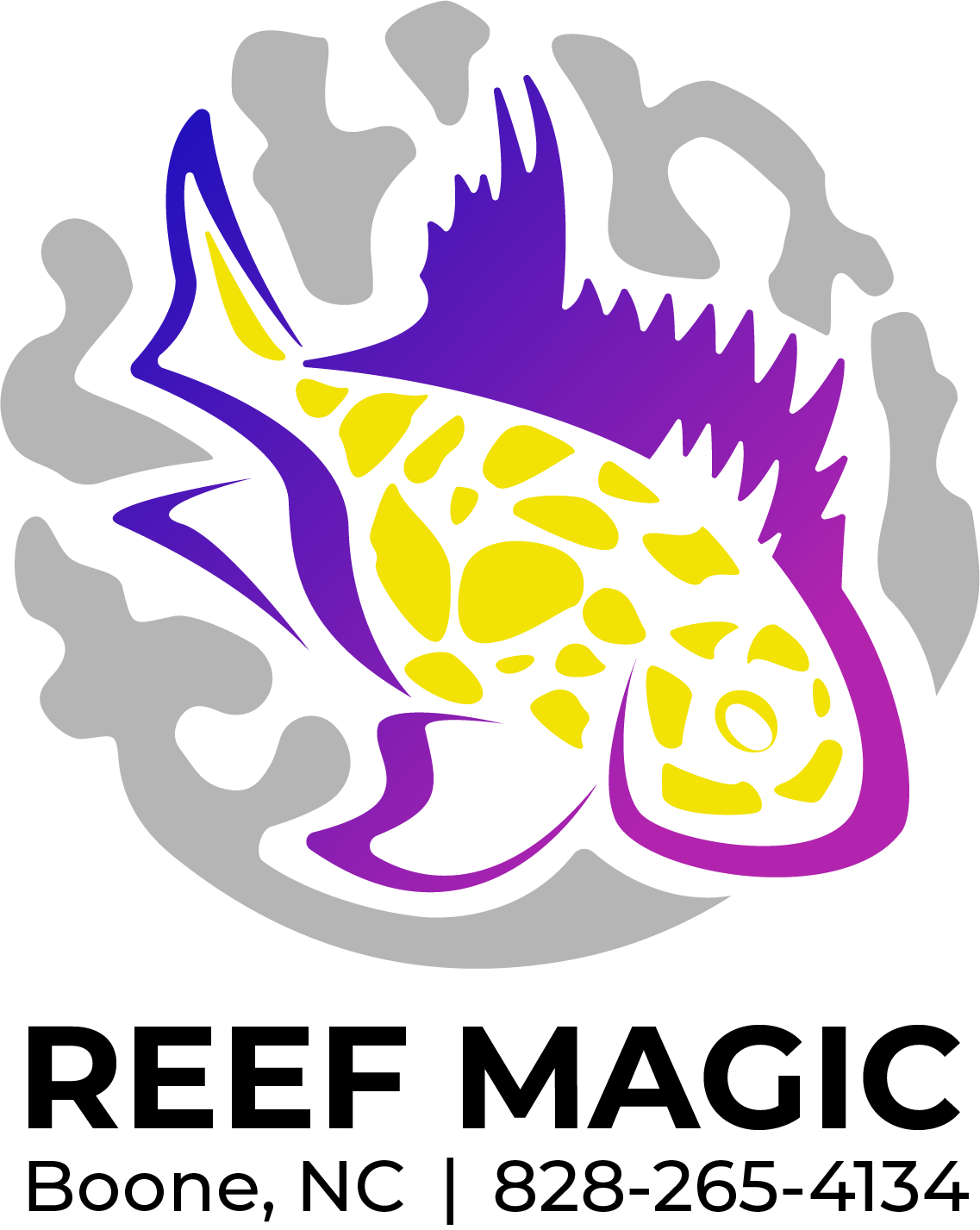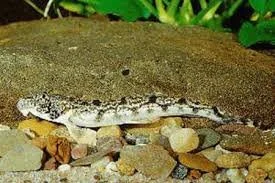 Image 1 of 1
Image 1 of 1


Botia- Queen Medium
The Queen Botia (𝐵𝑜𝑡𝑖𝑎 𝑑𝑎𝑟𝑖𝑜) is a freshwater fish from India and Bangladesh, known for its black and tan, vertical stripes. It is a social, omnivorous loach that grows up to 6 inches (15 cm) and prefers to live in groups in a tank with moderate current, plenty of hiding spots, and a smooth substrate. They are relatively peaceful with tankmates they can't eat, but can be semi-aggressive and territorial with each other, so a minimum group of 4–5 is recommended.
Appearance
Color: Predominantly tan with distinct black or dark brown vertical stripes.
Shape: Elongated, robust body typical of loaches.
Size: Grows to a maximum of 6 inches (15 cm), though 4–5 inches is more common.
Fins: Usually translucent with hints of body color.
Habitat and behavior
Origin: Native to the clear hill streams of Bangladesh and Northeastern India.
Temperament: Semi-aggressive, social, and generally peaceful with other fish that are too large to eat. They form a social hierarchy among themselves and can be territorial with one another.
Social structure: Should be kept in groups of at least 4 or 5, as they are social fish.
Diet: Omnivores that enjoy commercial sinking pellets, algae wafers, and supplements like bloodworms, brine shrimp, cucumber, and zucchini.
Activity: Fast-moving and aggressive feeders that will eat pest snails.
Aquarium requirements
Tank size: A minimum of 30 gallons is recommended.
Water conditions: Tropical with a temperature range of 72–86° F (22–30∘C), a pH of 6.0–7.5, and a hardness of KH 8–12.
Aquascaping:
Simulate their natural habitat by providing moderate to strong current using good filtration and powerheads.
Include plenty of hiding spots with smooth rocks and driftwood.
Use a smooth, soft substrate that won't damage their barbels when they dig.
Lighting: Prefers dim lighting and requires a tightly covered tank to prevent jumping.
The Queen Botia (𝐵𝑜𝑡𝑖𝑎 𝑑𝑎𝑟𝑖𝑜) is a freshwater fish from India and Bangladesh, known for its black and tan, vertical stripes. It is a social, omnivorous loach that grows up to 6 inches (15 cm) and prefers to live in groups in a tank with moderate current, plenty of hiding spots, and a smooth substrate. They are relatively peaceful with tankmates they can't eat, but can be semi-aggressive and territorial with each other, so a minimum group of 4–5 is recommended.
Appearance
Color: Predominantly tan with distinct black or dark brown vertical stripes.
Shape: Elongated, robust body typical of loaches.
Size: Grows to a maximum of 6 inches (15 cm), though 4–5 inches is more common.
Fins: Usually translucent with hints of body color.
Habitat and behavior
Origin: Native to the clear hill streams of Bangladesh and Northeastern India.
Temperament: Semi-aggressive, social, and generally peaceful with other fish that are too large to eat. They form a social hierarchy among themselves and can be territorial with one another.
Social structure: Should be kept in groups of at least 4 or 5, as they are social fish.
Diet: Omnivores that enjoy commercial sinking pellets, algae wafers, and supplements like bloodworms, brine shrimp, cucumber, and zucchini.
Activity: Fast-moving and aggressive feeders that will eat pest snails.
Aquarium requirements
Tank size: A minimum of 30 gallons is recommended.
Water conditions: Tropical with a temperature range of 72–86° F (22–30∘C), a pH of 6.0–7.5, and a hardness of KH 8–12.
Aquascaping:
Simulate their natural habitat by providing moderate to strong current using good filtration and powerheads.
Include plenty of hiding spots with smooth rocks and driftwood.
Use a smooth, soft substrate that won't damage their barbels when they dig.
Lighting: Prefers dim lighting and requires a tightly covered tank to prevent jumping.


